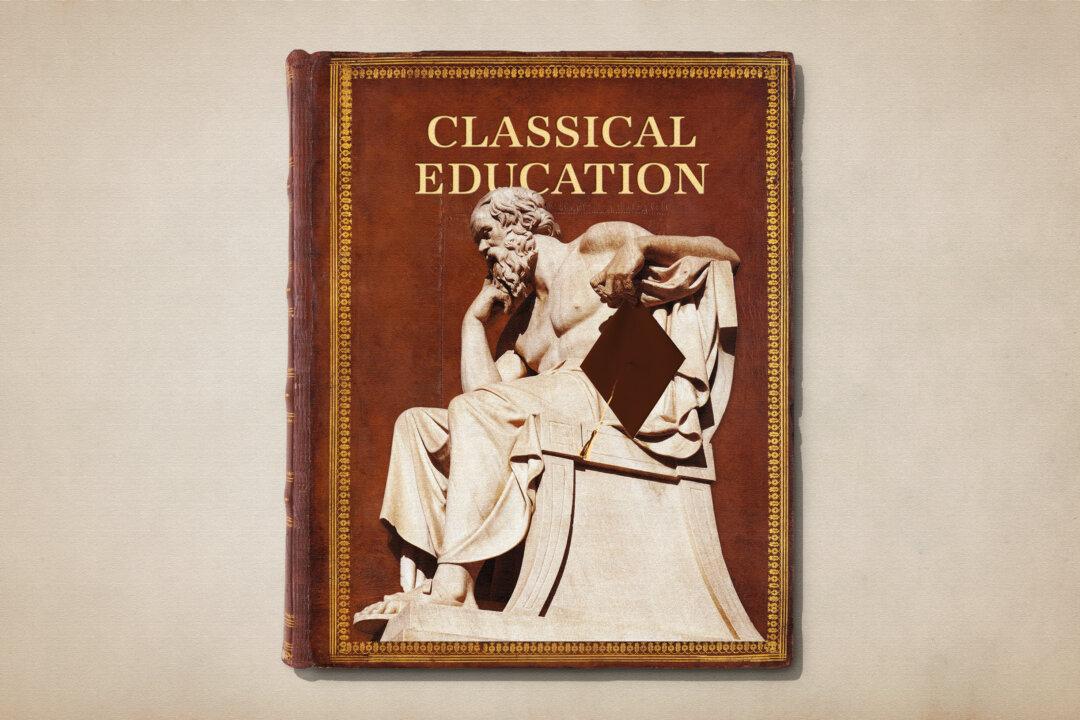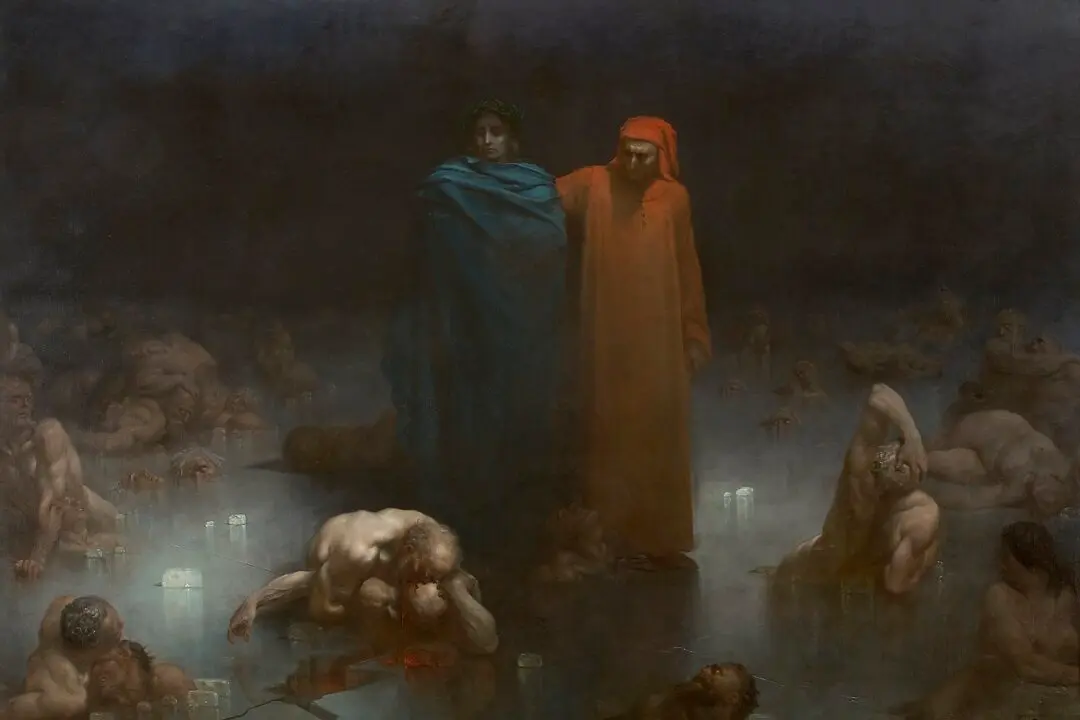Commentary
Generation Z is starting to enter adulthood, and there are signs in this pandemic age that has taken up a fair portion of their adolescence that things aren’t going so well. Whatever course they take in that delicate transition out of youth, we may be sure that it will be quite different from what transpired with the previous generation.





